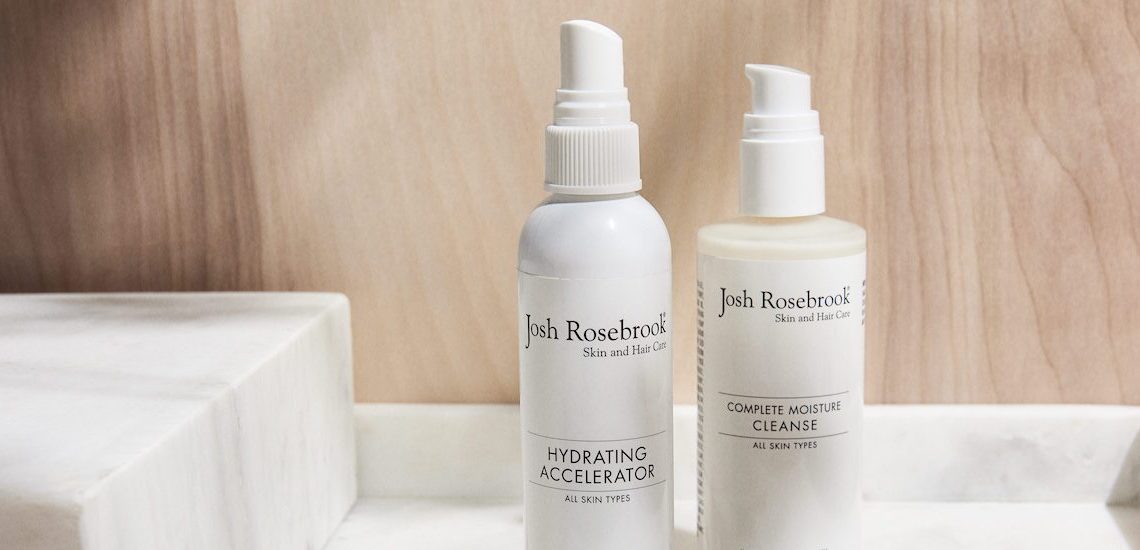Brands and retailers have long linked charitable partnerships to sales, like with environmental organization 1% for the Planet. But now there are more e-commerce donation options that put customers in the driving seat by allowing them to guide a brand’s charitable impact.
Many retailers and brands, such as Sephora and Crabtree & Evelyn, now allow customers to turn their rewards points into donations, donate their own rounded-up change and even choose which charity the company donates to on their behalf. Since June, on JoshRosebrook.com, customers can opt-in to donate 1% of their purchase to one out of four organizations the brand has chosen to raise money for. Once a goal amount is reached, the money is donated, and Josh Rosebrook changes it out for a new organization. Goals vary, according to the brand.
Meanwhile, on KoraOrganics.com, a customer has the option during checkout to donate $1, $5 or $10 of their own money to Organic Farming Research Foundation. On RareBeauty.com, since Nov. 2020, customers have been able to round up their spend to the next dollar (or donate more) during checkout. The donation goes into the brand’s Rare Impact Fund, which aims to reduce the stigma associated with mental health.
As the conversation around transparency continues to define the brand-and-customer relationship, brands and retailers will have to consider concrete methods of demonstrating how they’re putting their money where their mouth is.
“When I see 1% for the Planet, it doesn’t mean anything to me, because I don’t see where it’s going and what it’s doing. There’s no education behind it, in order for me to feel supported [as a customer],” said Josh Rosebrook, the eponymous brand founder and CEO. “[We feel our approach] gives the power back to the consumer, as it’s part of their purchase, they’re choosing [the charity] and they’re [generating] this money that we’re giving away.”
Checkout charity initiatives are not new, with supermarkets and drugstores routinely teaming up with charities for round-up donations. Despite an individual’s small monetary donating, these types of in-store checkout donations make a significant contribution to charitable giving overall. In 2018, the 79 largest point-of-sale charity checkout campaigns raised over $486 million for the nonprofit sector in the United States, out of $427.1 billion donated to charities in total. And this style of e-commerce integration is not the only change to how brands conduct their corporate, social and responsibility initiatives. Brands have become more comfortable tackling taboo topics like domestic abuse and readily supporting Black Lives Matter.
“We reach the Gen-Z population a lot, and they tend to be a values- and purpose-driven consumer,” said Elyse Cohen, Rare Beauty vp of social impact and inclusion. “As we’re seeing shifts in the way business is done in the private sector and leaning more into [positive] impact and social issues, we believe it’s important that to do well by doing good,
Josh Rosebrook is working with tech company Beam Impact for the integration. Beam also works with eco-friendly body care brand Plus (from the team behind Starface) and e-commerce retailer Pink Moon. For their e-commerce integration, Kora Organics and Rare Beauty work with DailyKarma, which also works with Biossance. The cost for using DailyKarma ranges from a 10% donation processing and credit card transaction fee, which is deducted from each donation, to a flat rate of $255 or $300 for larger brands. Brands that use Shopify Plus or are larger merchants have custom fees. Meanwhile, Beam does not take any portion of the donations. It bills partner brands monthly for the volume of new customers it drives through its iOS and Android app to their sites for the first time, and the increases in loyalty that brands see from existing customers.
Notably, these types of e-commerce initiatives correlate to average order size increases. Cohen said that, although the Impact Fund is at the core of the brand’s marketing and positioning, the brand does not advertise its charitable checkout feature. Still, a case study from Rare Beauty between Thanksgiving and Giving Tuesday in 2020 found that average order values increased by 34%, and more than 35% of shoppers donated during that period. And these types of result have been sustained. During the spring, the average order value rose nearly 15% for orders that include a rounded-up value donation, the case study found. In its first month of integration,
Josh Rosebrook saw 44% of its customers take advantage of the donation platform. Rosebrook said the brand has seen a “small lift in average order value,” but is waiting 90 days to give the brand better data around an increase in return customers and order value.
“It turns out that it does increase sales, because people are seeing [during checkout] exactly how much money they’ve donated and what it’s doing. It encourages [purchases],” said Rosebrook.




